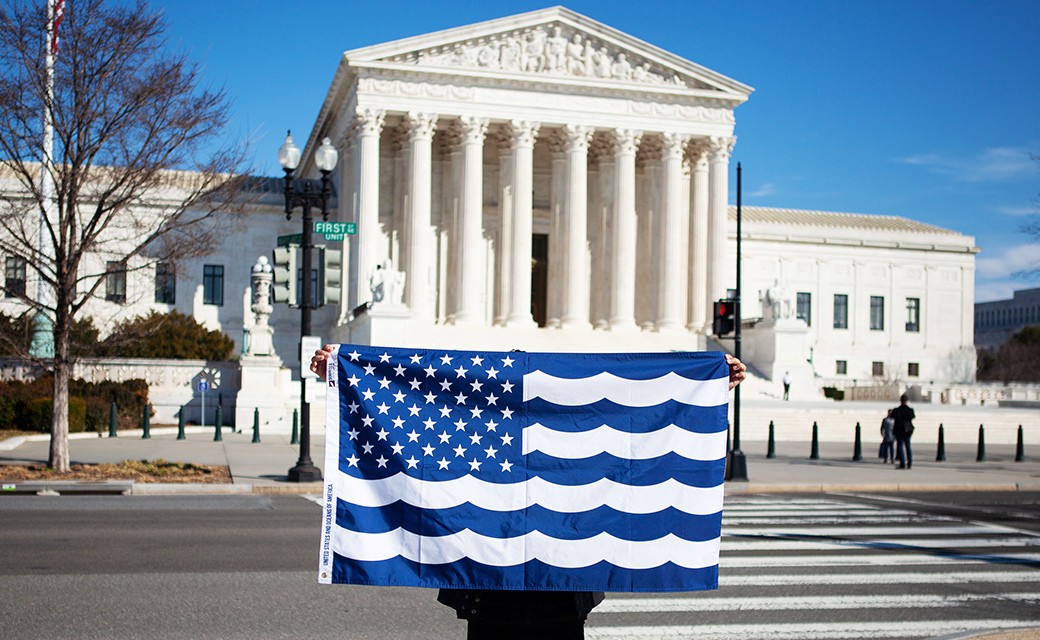
Clean water is a fundamental right that our nation’s communities and millions of families rely on every day for our public health. But the fate of our nation’s premier water quality protection law, the Clean Water Act, is at risk. On November 6, the U.S. Supreme Court will hear County of Maui v. Hawai'i Wildlife Fund, a case that could seriously weaken our nation’s strongest clean water law and allow polluters to poison our country’s rivers, streams, lakes, oceans and drinking sources.
After losing two lawsuits, the County of Maui has appealed its case to the U.S. Supreme Court. Maui County has been dumping up to 5 million gallons of treated sewage into groundwater every day, which has decimated nearby coral reefs and polluted popular ocean recreational areas. The County is claiming that because it is not injecting water ‘directly’ into federal waters, the Clean Water Act isn’t applicable to their sewage discharge. It has been proven that the polluted groundwater is leaking into the Pacific Ocean and impacting local reefs. Instead of cleaning up its pollution and following the same clean water rules that apply to all of us, Maui County is now threatening clean water across the nation.
Four leading environmental groups, including the Surfrider Foundation, Hawai'i Wildlife Fund, Sierra Club Maui Group and West Maui Preservation Association, represented by Earthjustice, will stand to protect clean water for all of us at the nation’s highest court. Two lower courts have agreed with the environmental groups and have ruled that the County of Maui violated the Clean Water Act by injecting partially-treated sewage into the groundwater that is connected to the ocean.
The Ninth U.S. Circuit Court of Appeals demanded the County of Maui to stop polluting and stated, “At bottom, this case is about preventing the County from doing indirectly that which it cannot do directly. The County could not under the Clean Water Act build an ocean outfall to dispose of pollutants directly into the Pacific Ocean without an NPDES permit. It cannot do so indirectly either to avoid CWA liability. To hold otherwise would make a mockery of the CWA’s prohibitions.”
Whether or not you visit, swim or surf in Hawai'i, this case will impact you. It could set a precedent throughout the U.S. for the applicability of the Clean Water Act to protect our nation’s waterways from industrial polluters. If the County of Maui prevails, polluters could use this groundwater ruling as a loophole to move discharges back by a few feet to avoid regulations. That would allow polluters to have free rein to discharge wastewater into the oceans, lakes, streams and waterways in your backyard.
The purpose and intent of the Clean Water Act is to restore and maintain the integrity of waters throughout the U.S. Regardless of whether pollution enters our waterways directly or indirectly, the outcome is the same. It is our communities and millions of families that will pay the penalty, rather than the polluters. We hope that the nine Supreme Court justices can honor the intent of the Clean Water Act and continue to defend clean water and public health for all people.
